Uncategorized
-
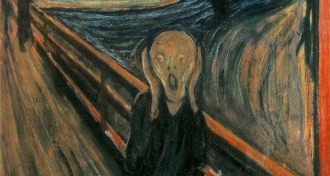 Neuroscience
NeuroscienceHow screams shatter the brain
The acoustical properties of screams make them hard to ignore, a new study suggests.
-
 Animals
AnimalsPolar bears’ ‘walking hibernation’ not much of an energy saver
Summer’s “walking hibernation” doesn’t shut down polar bears as much as winter does.
By Susan Milius -
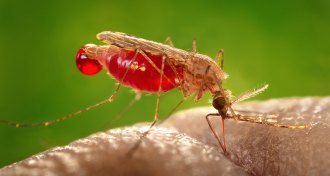 Life
LifeGood luck outsmarting a mosquito
Mosquitoes use their senses in sophisticated combinations and sequences to find you.
By Susan Milius -
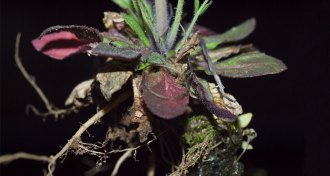 Plants
PlantsDefense hormones guide plant roots’ mix of microbes
Plants use salicylic acid to attract some bacteria to roots and repel others.
-
 Physics
PhysicsElusive particle shows up in ‘semimetal’
Weyl fermions, which resemble massless electrons, have been spotted inside tantalum arsenide. Their discovery comes 86 years after they were proposed.
By Andrew Grant -
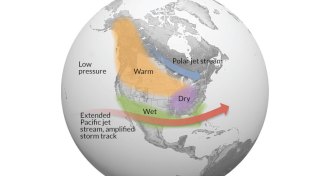 Climate
ClimateCurrent El Niño coming on strong
Meteorologists expect the ongoing El Niño to strengthen in the coming months and alter weather patterns worldwide, including bringing potential drought relief to California.
-
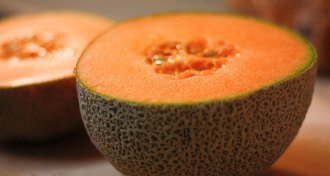 Genetics
GeneticsMelonomics: Sounds like a cancer, smells like a melon
The project that published the first melon genome dubbed itself melonomics.
-
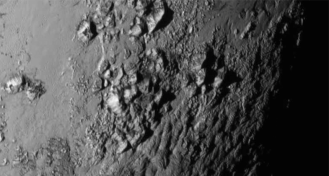 Planetary Science
Planetary ScienceMission to Pluto: Live coverage
The New Horizons spacecraft is scheduled to fly by Pluto on July 14. Check back often for frequent updates on the status of the mission, updates from mission control, and the latest images.
-
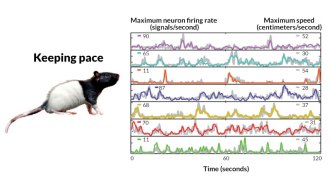 Neuroscience
Neuroscience‘Speed cells’ found in rats’ brains
Newly discovered “speed cells” clock rats’ swiftness.
-
 Climate
ClimateWildfire seasons have gotten almost 20 percent longer
The average length of wildfire seasons has increased 18.7 percent since 1979, new research shows.
-
 Neuroscience
NeurosciencePutting time’s mysteries in order
Investigating both the orderly and disorderly dimensions of time provides the focus for a special issue of Science News.
By Eva Emerson -
 Earth
EarthBringing mammoths back, life on early Earth and more reader feedback
Readers debate the pros and cons of reviving extinct species, discuss the odd light-processing machinery of the eye and more.